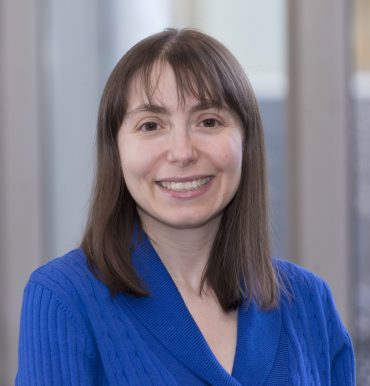
Atefeh Riazi. Photo by Richard DeWitt.
Becker’s Hospital Review recently featured Atefeh Riazi, MSK’s Senior Vice President and Chief Information Officer, and her nonprofit CIOs Without Borders.
After visiting Guiyu, China in 2008 and witnessing people rummage through an enormous e-waste site, Riazi was driven to action. She founded a task force to reduce e-waste that eventually became the nonprofit CIOs Without Borders. Today, the organization focuses on providing health care technology and information to developing countries like Rwanda and Vietnam and is actively recruiting volunteers.
